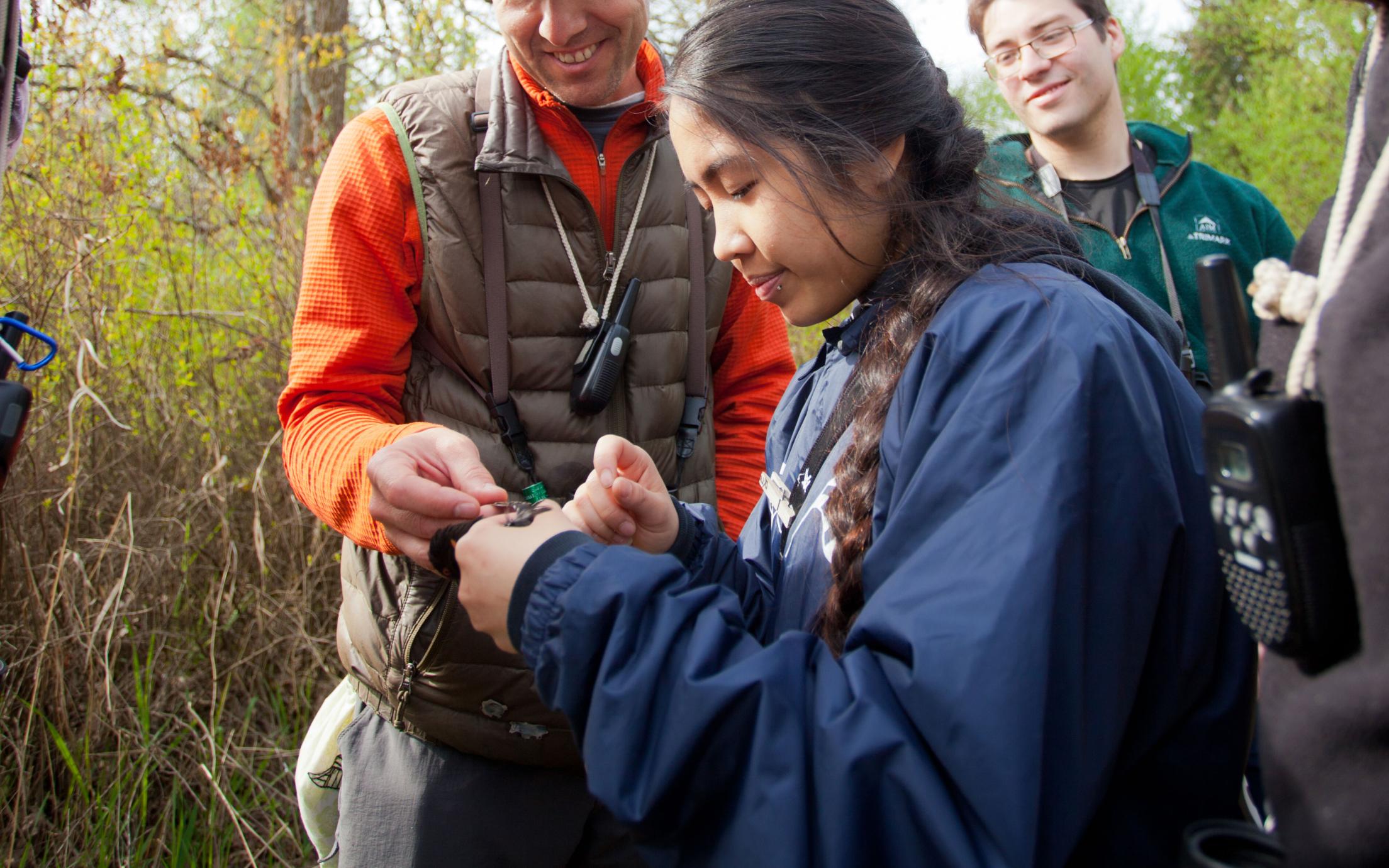- Animal and facility access and training
- Animal orders and shipping
- Feedback on procedures, animal use protocols (AUPs), experimental procedures, medication, and standard operating procedures (SOPs)
- Treatment options
- Acquisition of drugs and supplies
- Post-procedural monitoring of animals
- Specialized housing, equipment, breeding and dietary needs for animals
- Adjusting and maintaining animal environments
- Providing use of enrichment
- Sanitization and maintenance of all animal and procedure rooms
- Education on the operation and maintenance of equipment
- Aquatic animal husbandry and health
- Water quality maintenance and reports
- Project set-up and removal
- Supporting Controlled Drug Scientific Applications (Application Form for an Exemption to Use a Controlled Substance for Scientific Purposes)
- Supporting Emergency Drug Release Applications (Emergency drug release (EDR) request form)
For internal users, there is no charge for these services. It is recommended that investigators and research staff take advantage of this service prior to the submission of invasive animal use protocols.
Per diems are charged to provide partial cost recovery. Per diem rates include a number of services including routine husbandry, routine animal health care, daily health checks, sharps containment, and disposal, training, and protocol development, routine cage or tank changes, minor health condition care, carcass disposal, standard environmental enrichment, and routine facility inspections and maintenance. Examples of services not included in the per diem rate include disease screening, testing of external animals, special husbandry requests, special PPE requests, research-related necropsies, animal shipping fees, animal import or export fees, special invoicing fees (eg, EDR application fee), special housing requests (eg, different tank dimensions), emergency care resulting from research activities, special enrichment, research support activities (eg, surgery, anesthesia). ACS will provide these services, if able, on a cost-recovery basis. Please contact ACS (ACS@viu.ca) if you have any special requests or questions.
Access, Animal Health Monitoring and Training
Facility access is limited to active users and is controlled by card access. In order to obtain facility access individuals must be on an approved animal use protocol (AUP), complete required animal handling courses, and coordinate electronic access through ACS (acs@viu.ca). All personnel must have their own valid security card. Individuals who lend/borrow cards risk having their privileges revoked permanently. Visitors are NOT permitted without prior approval from ACS staff. All visitors must sign 'in' and 'out' at the main desk and must be accompanied by an ACS staff member (or designate) at all times. Appropriate dress includes freshly laundered clothes, closed-toed shoes and long pants. A lab coat is strongly recommended. To prevent introduction of unwanted disease agents facility users must not access facilities if they have been in contact with other animals on the same day. No equipment that has been in contact with other animals can enter the facility without disinfection. For more information regarding access and facility orientation, please contact us at acs@viu.ca.
Although daily health monitoring will be provided by ACS staff the investigator is responsible for monitoring the well-being of their research animals. Up-to-date within-room health records must be maintained, readily available, and detailed (see appropriate SOPs & appendixes for more information ) All health and treatment records will be stored in a binder within the room clearly marked with the AUP holder and contact details. All animals in all facilities receive care seven days a week. During weekends and holidays, the time that ACS staff will be in the facility may be shortened. Emergency contact numbers are posted inside the facility in case assistance is required.
Guidelines, Policies, and Standard Operating Procedures (SOPs), are formalized procedures that have been approved by the VIU Animal Care Committee (ACC) that are used to educate animal users at VIU on the currently approved techniques and practices. SOPs are further divided into general animal care procedures (ACC), animal care procedures specific to Animal Care Services (ACS), and animal care procedures specific to field-based animal use.
General Animal Care procedures, Animal Care procedures specific to Animal Care service, and Animal Care procedures specific to Field-Based animal use can be found at teams. For access requests, please contact ACS@viu.ca for assistance.
All available Facilities and details.
Routine Animal Housing Parameters and details.
Procurement - As per ACC Policy (ACC-017 – Request to Use Animals Application and Review Process) all live vertebrate animal procurement must be approved by the Animal Care Committee. Unusual animal orders or orders from non-standard suppliers may take considerably more time to order and to arrive. Check with the supplier for approximate timelines and additional costs for sourcing animals. One way to support the 3Rs is to identify surplus animals and/or tissues that can be donated to other research labs. Investigators that procure animals from within VIU must still have an approved AUP and request animals via Romeo. All transfers must obtain veterinary approval. Complete the aquatic animal order form VIU and forward along with any applicable support documents to ACS (acs@viu.ca). After receiving the form and health reports a VIU veterinarian will review them for final approval. Once animal transport has been approved, they can be transported to VIU. For animals arriving without prior health information, the research team must inform ACS upon arrival of the animals to coordinate an inspection.
ACS can provide animal transport and transfer services. Investigators wishing ACS to coordinate transport must indicate so on the aquatic animal order form. If ACS is managing the transport ACS will coordinate with the supplier, track the shipment, arrange customs clearance (if applicable), pick up the shipment, and deliver them to the designated facility. If ACS is not managing the transport, the transport still needs to follow the steps as outlined in ACC-009 Transportation of Finfish. ACS will assist in arranging the required veterinary inspection. Please complete the animal request form and email it to acs@viu.ca at least two weeks before the anticipated shipment.
